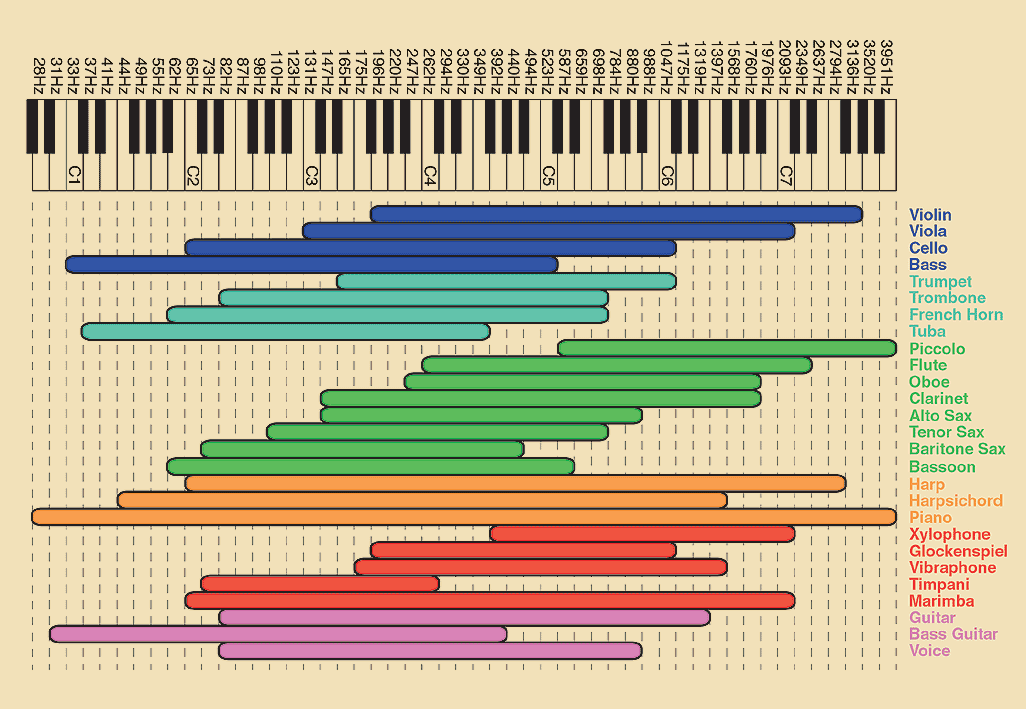661
Inspiration/Creativity/Motivation / Re: Pointlessness and music
« on: February 07, 2016, 03:21:02 am »I'm troubled with this topic after years of making music as well. There are several other things I could do at a professional level and they would turn out great. Or I could make yet another semi-ok song that nobody cares about.I don't think there's anything wrong with considering a creative outlet one of your priorities. Sure, some people seem content to live as passive, unthinking drones, but self-expression and mastery of skills are legitimate needs, at least if you consider personal happiness to be important (which it absolutely is).
I like the idea of music as being an important creative outlet. I'd like to tie my music into my current emotions and experiences, so that it serves as sort of a diary, but I can never figure out how established artists seem to do this. For example, I live in the woods, and a fog rolls in. How do I translate that into a synth? Or finish a song before the fog is gone? Is that something artists even try to do?
I am most inspired by the music I like, or maybe one of my synths. How is it good artists seem to be inspired by unrelated material? Maybe my life is too easy and uneventful for this idea to work.
You can't be something your not.
There's nothing wrong with trying to do any of what you said, you just have to figure out a way to solve the problem you're having. And you do that by writing down what you want to write down.
The professional musicians might not have the luxury of doing what they want, even though they think they do. This is entailed by the music they make and what eventually happens to it. Unless they make some pretty personal stuff and give it away for free or sell it, they're still taking a risk.
On the other hand, if you're doing this more as a hobby or, as a few mentioned before, not doing this entirely. You're still creating the music as it brew inside of you. It's just not manifested yet.
I come from a culture of many excellent musicians, and they all have day jobs. At least the ones from the 1950's and prior. And the ones who would do music as a work, were incredible.
Now, i am not saying that i don't have dreams of being a dubstep dude who gets paid well to create, but, after my experience going on tour and doing the whole travel thing, it doesn't seem like it would be very fun after a while. I'd have to be well taken care of and get paid enough from many angles, to sit in a studio to make music and then support said music.
At some point, what you create will have some purpose. Even if you're not spending as much time as you ought to, you're still doing music.
Sounds like this is may be an existential question projected at music.
No one blames you for doing the things you gotta do, and in time, those things might shift into a better schedule. Time helps in figuring things out for you.


